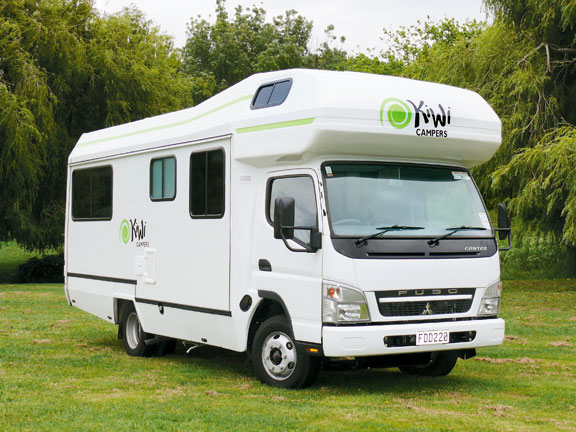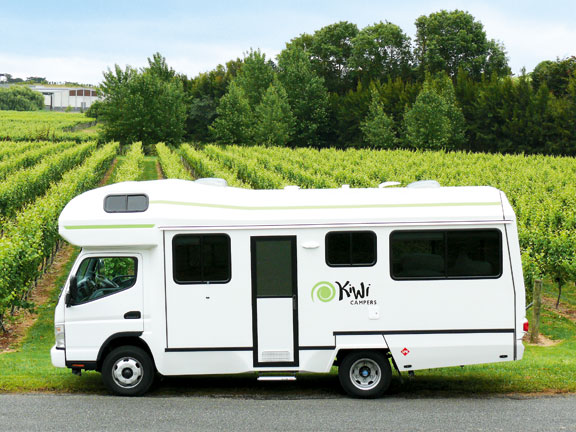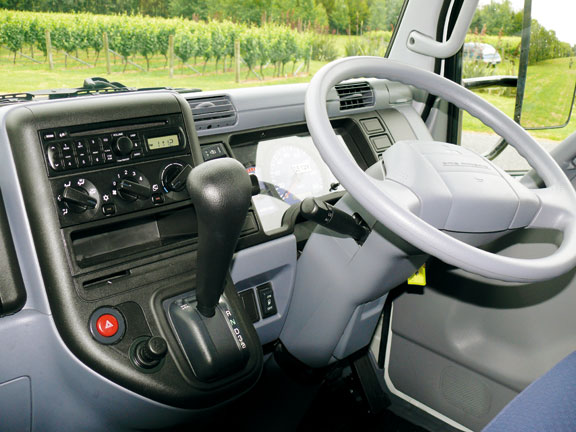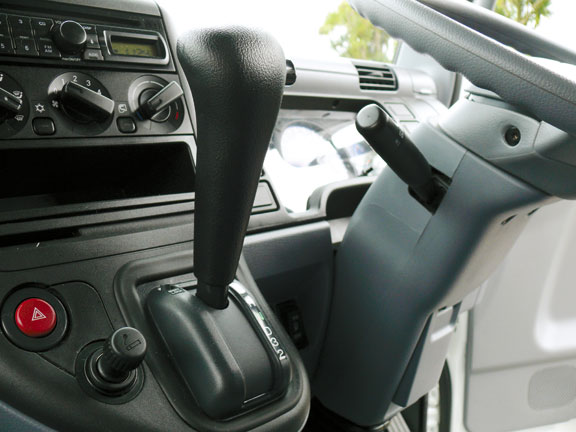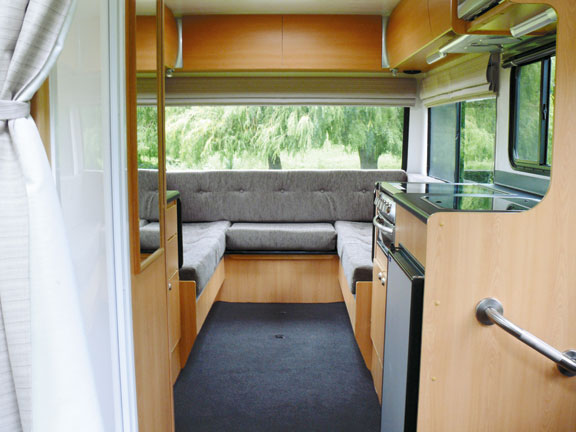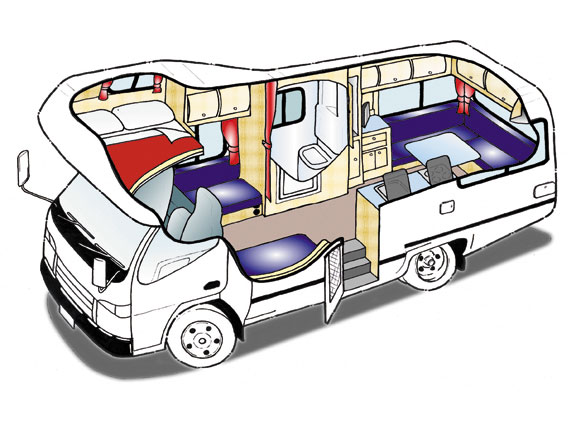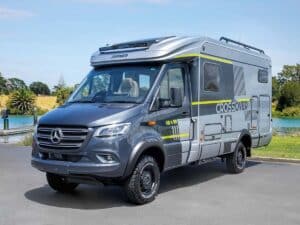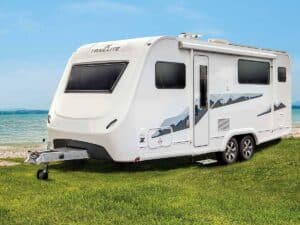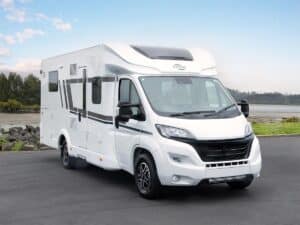- Enough grunt to maintain open road speeds more often
- Six speed auto great through twisty roads
- Transmission is responsive and smooth
- Increased power and torque from engine
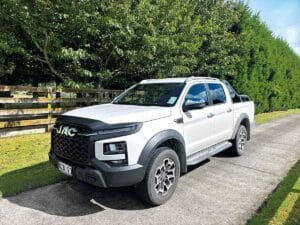
Review: JAC T9
For those passionate about adventuring with their caravan, one of the most important keys to success is a competent tow vehicle. We take a look at a newcomer to the market – the JAC T9.

